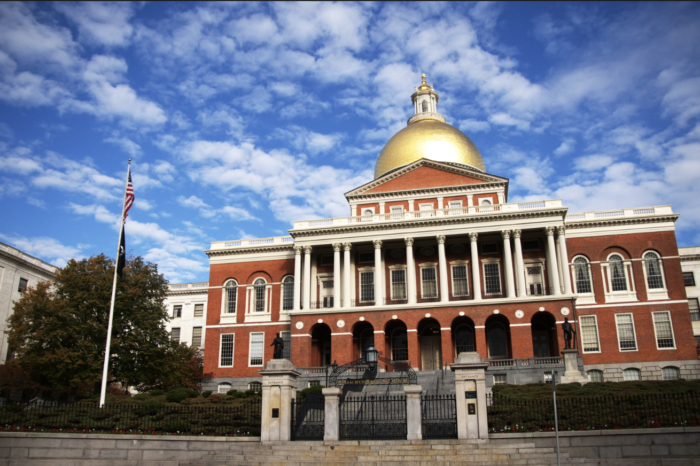Guess What Massachusetts Public Employee Earns Over $1 Million
The State Comptroller’s Office makes available annual salary information for all Massachusetts public employees. Before the state established a website to provide such transparency, Pioneer Institute launched Mass Open Books, which allows the public to anonymously peruse information regarding state finances, pension funds, contractor payments, and employee salaries. Mass Open Books has information going back to 2004, allowing for easy comparisons over time.
One surprising fact this data brings to light is that, for the second straight year, there has been exactly one state employee making over $1 million in salary, which had never happened before 2017. That year, one public employee earned $1,043,226. In 2018, that same employee made $1,069,752. Who was it? University of Massachusetts Worcester Medical School Chancellor Michael Collins.
Higher education administrators are some of the highest-paid public workers. According to the Mass Open Books pages on higher education payroll, state government payroll, and quasi-public agency payroll, the 34 highest-paid employees in the public higher education system make more than the highest-paid state government employees in all other departments.
The million-dollar annual salary is not the only thing Massachusetts taxpayers might be concerned about. The state may also be on the hook for Chancellor Collins’ pension, depending on his length of service. The former state employee with the largest pension is Thomas Manning, who, like Michael Collins, was a top administrator at UMass Medical School. Manning was the head of the medical school’s Commonwealth Medicine consulting division, and he now receives a pension of $346,136 per year.
Below are salaries of the highest-paid employees in the Commonwealth’s public higher education system.

Taxpayers should know how their money is being spent. And as public higher education costs have risen dramatically in Massachusetts and nationwide, it’s more important than ever to scrutinize public university budgets.



